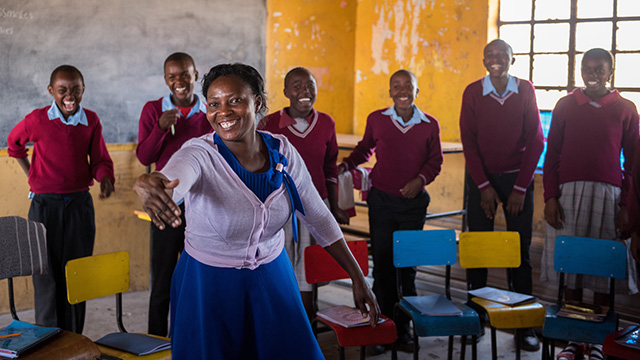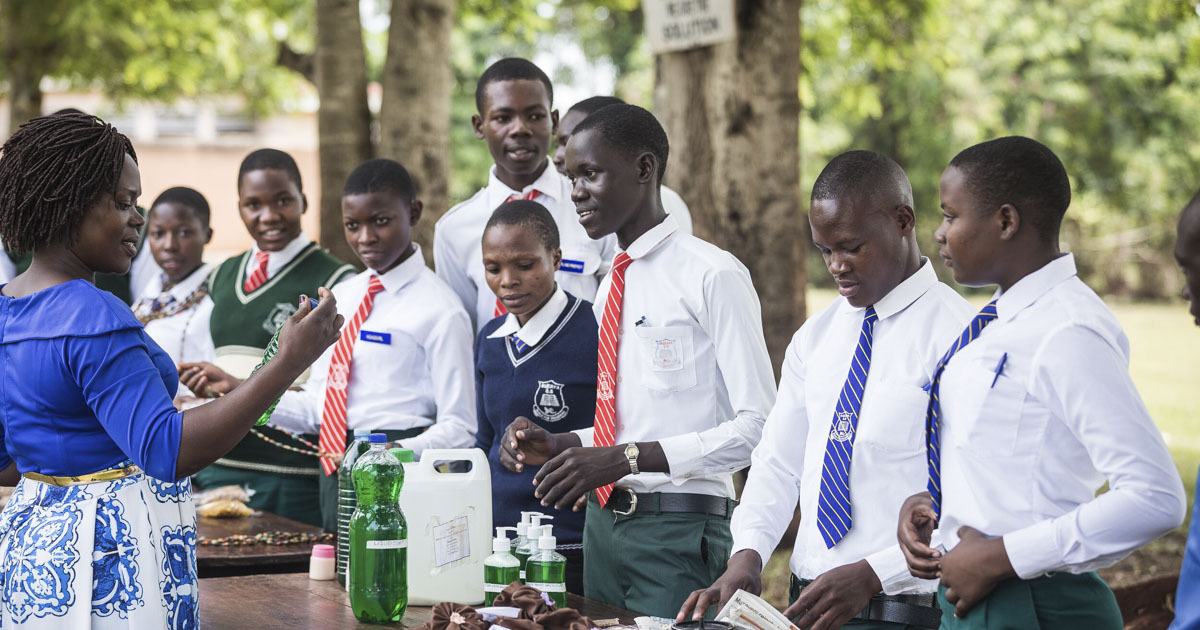Stakeholders in the field of education are increasingly recognizing that young people need more than academic knowledge and technical skills to succeed in the workplace and lead productive lives. They also need “life skills,” which encompass personal strengths such as self-worth and confidence; interpersonal skills such as the ability to effectively communicate and engage in conflict resolution; and cognitive skills such as critical thinking and problem-solving. Today, Mathematica releases a new study that analyzes 18 programs designed to develop the life skills of youth in India, Nigeria, Kenya, Malawi, Rwanda, Tanzania, and Uganda. The programs are supported by the Partnership to Strengthen Innovation and Practice in Secondary Education (PSIPSE), a donor collaborative dedicated to improving access to quality, relevant secondary education across the globe.
For practitioners, policymakers, and donors seeking to develop, refine, or scale life skills programming, the study offers the following recommendations:
- Systematically diagnose the life skills youth need. The life skills developed by a program or policy depend on the goal of that program or policy. For example, to reduce secondary school dropout levels, programs or policies would develop personal strengths such as self-esteem and confidence and interpersonal skills such as negotiation. Programs designed to help students transition into the workforce would cultivate a broad set of cognitive skills, personal strengths, and interpersonal skills. To identify the skills to focus on, stakeholders can conduct needs assessments and develop theories of change by mapping backwards from goals to intermediate outcomes to the skills youth need to achieve those outcomes.
- Have teachers of core subjects change their classroom practices to strengthen life skills across a large population, but consider stand-alone life skills sessions for vulnerable youth. Teachers of core subjects can help their students develop cognitive skills and certain interpersonal skills like communication by using learner-centered methods. This approach is easy to scale; teacher trainings on new methods can be offered in many classrooms. The strategy might be less effective when it comes to building personal strengths and other interpersonal skills such as self-awareness and negotiation, which are of paramount importance for vulnerable youth. For them, mentor-led, stand-alone life skills sessions might be a better fit.
- Give teachers a strong incentive to cultivate life skills while teaching core subjects. Examinations that assess student learning are a strong vehicle for change in teachers’ mindset and pedagogy. Because teachers are held accountable for examination results, modifying these exams to test for higher order thinking skills can motivate teachers to cultivate these skills—through active learning methods or other techniques.
The report, produced under the leadership of Mathematica Senior Researcher Swetha Sridharan and Senior Fellow and Director of STEM Research Clemencia Cosentino, has other action-oriented lessons and policy implications for changemakers committed to building, implementing, and scaling life skills programming. The study draws on a high-level scan of the literature on skills development in Africa and Asia; in-depth interviews with PSIPSE grantees; an intensive review of project proposals, narrative reports, and evaluation reports; and a review of the policy context in each country where the programs operate.
An accompanying brief is available for practitioners. It offers eight lessons based on the experience of the projects the study analyzed. Also available is a brief for government officials who design and roll out policies on youth life skills.
Read more about Mathematica’s work to support PSIPSE and how the initiative is helping young people transition from primary to secondary school, complete high school, and develop the skills to make informed, independent decisions about their lives.


